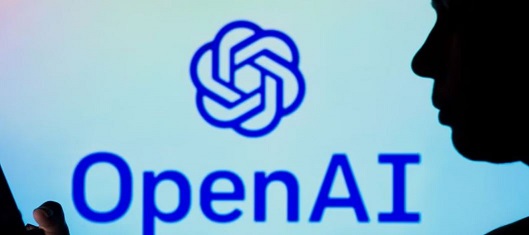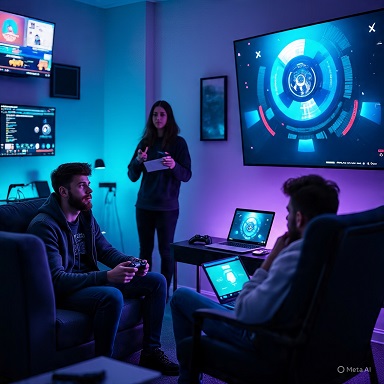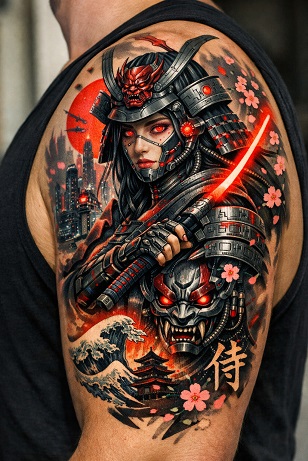Stories you may like
Open AI brings parental controls to ChatGPT amid concerns over AI’s impact on children
OpenAI has begun rolling out parental controls for ChatGPT and a new parent resource page, making the tools available to all users.
The feature lets a parent or guardian invite a teen to link accounts and then manage that teen’s settings from a single control page in the parent’s account. Once linked, parents can set usage limits and receive notifications if a teen unlinks their account. Teens may also invite a parent to connect.
Parents will be able to apply a range of options, including scheduled quiet hours when ChatGPT cannot be used, disabling voice mode, turning off memory so conversations are not saved for later reference, removing image generation, and opting a teen out of contributing data to model training. These settings are optional, so families can choose what works for them.
OpenAI said linked teen accounts will receive automatic content protections aimed at age-appropriate interactions. Parents may disable the protections if they choose, but teens cannot override those decisions.
The Sam Altman-led company has also added a notification system intended to flag potential signs of acute distress. Where the system detects possible self-harm, the case is reviewed by a small team of trained staff, and OpenAI may alert parents unless they have opted out.
OpenAI has framed the move as part of a broader safety push and said it consulted experts, advocacy groups including Common Sense Media, and policymakers such as the attorneys general of California and Delaware when shaping the controls.
The rollout follows intense public scrutiny after reports of harm linked to chatbot interactions and legal action by a Californian family, which has helped concentrate regulatory attention on how AI affects children.
Other technology firms have already introduced family or account-level controls for AI services.Google and Microsoft both offer ways for parents to restrict children’s access to their chatbots and to serve different experiences for under-18s, and US regulators, including the Federal Trade Commission, have opened inquiries into the safety of companion chatbots for children. That broader industry movement helps explain why OpenAI has prioritised this update now.
The company now plans to build an age prediction system that will aim to identify whether a user is a minor so the service can automatically apply teen-appropriate settings. OpenAI said that where age is uncertain, it will err on the side of greater protection and that parental controls remain the most reliable way for families to manage a teen’s experience in the short term.
The ChatGPT maker noted that technical guardrails are not foolproof and can be bypassed, and it recommends that parents talk with their teens about healthy use of AI











User's Comments
No comments there.